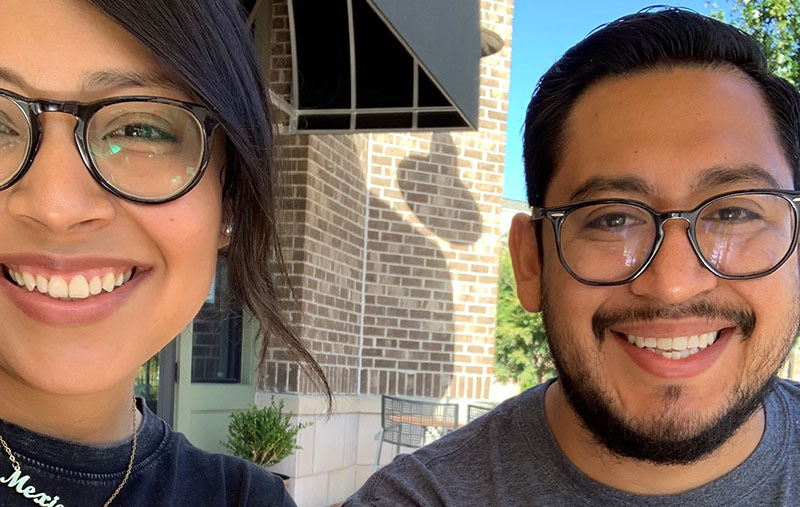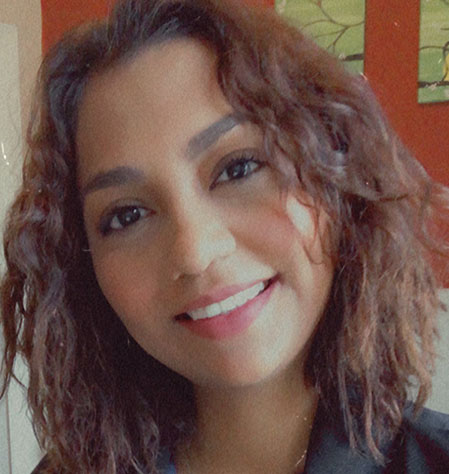Teachers With DACA Protection Are Relieved By Supreme Court’s Decision

Yerisson Cardenas and his wife Valeria Hernandez both have DACA and were pleased with the U.S. Supreme Court’s decision Thursday.
Yerisson Cardenas
The U.S. Supreme Court has denied the Trump administration’s attempt to end provisional legal protections for immigrants. The Deferred Action for Childhood Arrivals (DACA) program lets some undocumented immigrants work in the U.S. and temporarily shields them from deportation. Some DACA recipients are working as teachers, like Linda Jurado and Yerisson Cardenas.
Jurado currently lives in Texas but is moving to Atlanta to teach students with special needs. She has DACA protection but was nervous about the Supreme Court’s decision.
“I was stressed out the whole time until [Thursday],” she says. “I was very worried. This affected everything, everything that my parents had to go through, my education, everything. Everything was on hold.”

The ruling was a relief, she says. Jurado was worried that if the court upheld President Donald Trump’s decision to rescind DACA, she wouldn’t be able to teach anymore after the protection expired. DACA is renewable in two-year increments.
“That was the most important thing that I was afraid of because I was just starting,” she says.
Yerisson Cardenas, a DACA recipient who teaches eighth-grade science at a charter school in Alpharetta, was also pleased with the ruling. He describes his reaction after he heard the news.
“A sigh of relief,” he says. “Exited. Happy. Happy for myself, happy for my family.”
Cardenas says several of his family members and friends also have DACA.
“Everybody had put a pause on things–whether it was buying a car, buying a house, taking the next job,” he says. “So, now…a lot of people were able to say, ‘Ok, now I can move forward with whatever other people take for granted.’”
Both Jurado and Cardenas began teaching through a program called Teach for America. It hires people who commit to teaching at a low-income school for two years. After that, they can keep teaching or move on to another career. Cardenas has been teaching for five years now. Jurado is just starting.
Despite their excitement over the DACA decision, Jurado and Cardenas say there’s more work to do in terms of immigration policy.
“DACA’s basically a Band-Aid on a broken immigration system, and we need a path of citizenship,” Cardenas says.
He says protections need to be expanded to parents of DACA recipients and other undocumented people who weren’t able to qualify for DACA, due to age or other restrictions.
While that would need to be resolved at the federal level, Jurado sees problems with some state policies in Georgia.
“I want to do my master’s [degree], but I do not qualify for in-state tuition because I’m not a U.S. citizen or resident or I’m not in the path to citizenship,” she says.
Georgia requires undocumented students to pay out-of-state tuition rates to public colleges and universities. Public schools that didn’t admit all academically qualified applicants for two consecutive years can’t admit undocumented students. There are no exceptions for students with DACA.
President Barack Obama implemented DACA eight years ago. It was meant to be a stopgap measure while Congress worked on comprehensive immigration reform. That legislation has since stalled on Capitol Hill.








